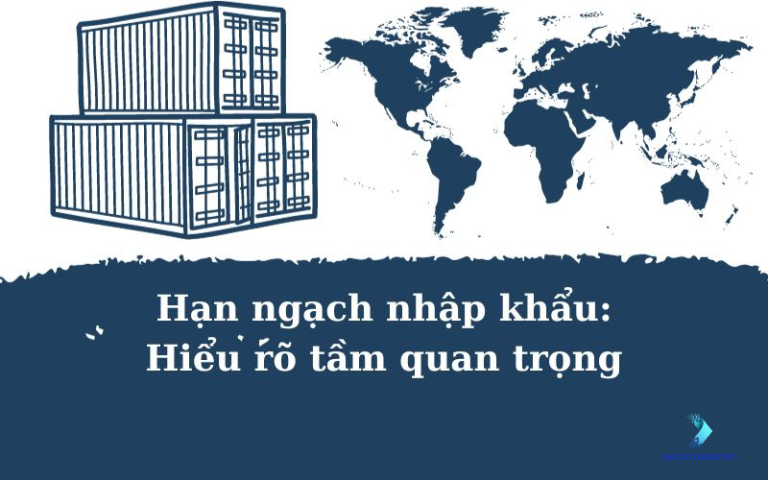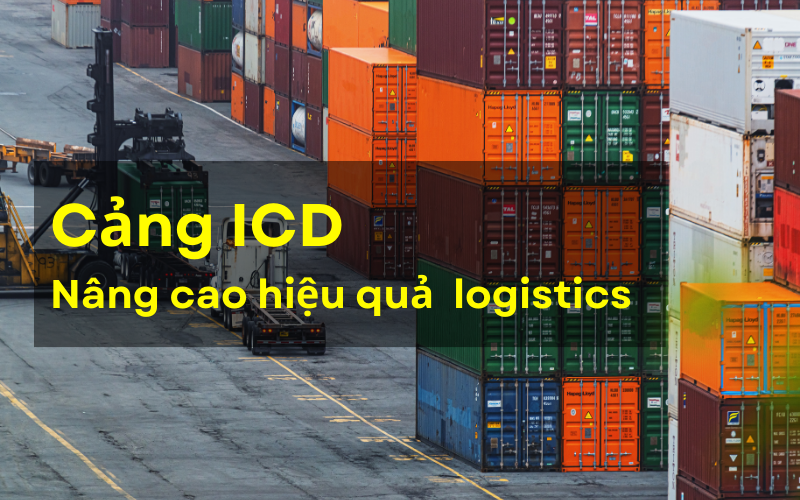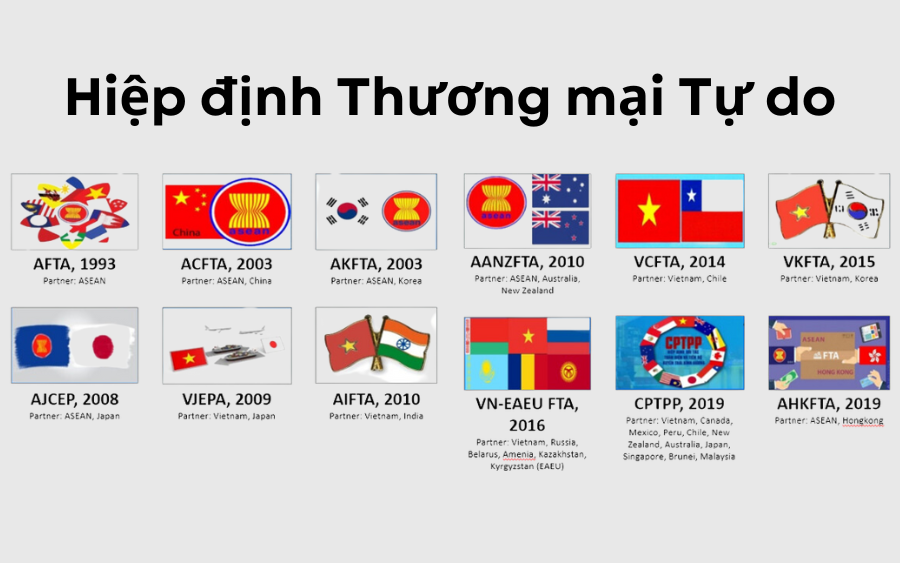Import quotas: Understanding their importance
Import quotas are an important concept in the field of trade. It is a determining factor in how countries manage and control the amount of goods imported from foreign countries. In this article, we will learn about import quotas, including their definition, classification, and their pros and cons.
1.What is an import quota?
Import quota is a term commonly used in the field of trade and import of goods. Import quotas refer to quantity limit or value of a type of goods that a certain country or region allows import for a specific period of time.
Import quotas can be established as annual quotas or temporary quotas, depending on the regulations of each country or region.
Import quotas are imposed to protect domestic industries from competition from imported goods. Protective measures include imposing quantitative quotas or higher tariffs on imports that exceed quotas.
2. Classification of import quotas:
a) Tariff quota:
Tariff quotas are quantity limit or value of a commodity that a country or region Allows imports at low preferential tariffs during specific time. This means that when the quota is exceeded, these imported goods will be subject to higher tariffs or other trade protection measures.
Suppose country A has established an annual tariff quota for car imports from country B. This quota allows the import of 10,000 cars at low or no preferential tariffs. When the number of cars imported from country B has reached 10,000 cars, cars imported later into country A in that year will not enjoy preferential tariffs.
If more cars from country B are imported into country A, the quota will be exceeded and they will be subject to higher tariffs. Higher tariffs may increase the value of cars and make them more uncompetitive in the market in country A.
b) Absolute quota:
An absolute quota is a limit on the quantity of a specific good that a country can import during a specific period of time. No more goods can be imported into the country after the quota has been fulfilled.
For example, country A has set an absolute annual quota for mobile phone imports of 1 million units. This means that in a year, country A only allows importing a maximum of 1 million mobile phones.
Once the quota reaches 1 million units, no more mobile phones will be imported into the country until the next year begins or there is a government decision to change the quota.
3. Advantages and disadvantages of import quotas:
a) Advantages:
- Protecting domestic manufacturing industry: Import quotas help protect domestic industry from fierce competition from imported goods, especially in cases where imported goods are produced at low prices due to competitive advantages such as cheap labor.
- Tax control and budget collection: Import quotas help generate budget revenue for the government through collecting tariffs from imported goods that exceed the quota, helping to balance the national budget.
b) Disadvantages:
- Limiting choice for consumers: Import quotas can lead to limits on consumer choice, as they have limited choices of imported goods, as well as diverse product options.
- Creates instability and uncertainty for the market: When quotas are near or near, there can be strong competition among businesses to enjoy lower preferential tariffs.
- Obstructing international trade: Quotas can cause tension in international trade relations and lead to conflicts with international trading partners.
For further information and questions, please contact:
MACSCO LOGISTICS LIMITED
Address: 64 Nguyen Dinh Chieu, Da Kao Ward, District 1, Ho Chi Minh City, Vietnam
Phone: (84 28) 6270 6576
Email: anna@macsclogistics.com
Website: https://macscologistics.com









